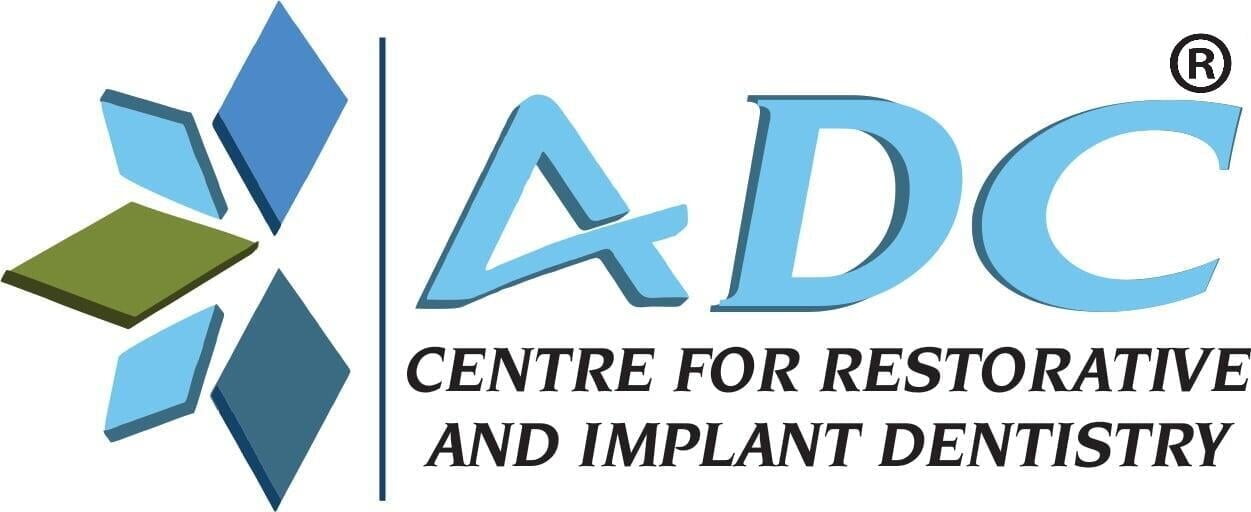We live in a highly hazardous environment where life expectancy is decreasing, and disease rates are rising. This is why medical professionals advise us to have routine dental checkups to monitor our dental health. This essay aims to educate readers on the benefits of regular dental checkups.
Despite medical professionals advocating for frequent health exams, many people in today's fast-paced world prioritize their busy daily schedules over their health. However, they wait until they have major health issues before they seek medical attention.
Nowadays, busy lifestyles are the norm for most people. As a result, routine dental checkups aren't even considered, and health is treated carelessly.
One's health must get regular dental exams. In the long run, they ensure total health and hygiene and maintain the health of your teeth and gums. Regular dental checkups are crucial, at least once every six months, and are not only necessary when you have a dental issue that has to be resolved. In light of this, the importance of routine dental exams at the top dental clinic for everyone is explained below.
Early Problems are Identifiable and Treatable
Early Problems are Identifiable and Treatable
While staring at your teeth in the mirror may only reveal surface-level abnormalities, you may be unable to see any problems beneath the gums and may continue to do so until it is too late to address them. Dentists can assist you in the early detection of dental concerns so that they don't worsen. Dentists are particularly skilled at recognizing, identifying, and treating problems like dental decay, gum disorders, and other related conditions. As a result, they can benefit you in the long run.
You can receive guidance that is specifically suited to your needs
You can receive guidance that is specifically suited to your needs
The majority of us frequently make the error of looking to the internet for do-it-yourself solutions to basic oral health issues. Even if the internet offers you a wealth of information to help you with your search, that same wealth of knowledge may also become a hindrance. The internet is also well recognized for its plethora of false information, which might get you into serious problems if you choose to use it to care for your teeth and gums.
A dentist, on the other hand, is a qualified professional who underwent extensive training before earning their dental license. As a result, they would be a superior resource for advice on oral hygiene and care issues. A dentist is also the recommended resource to turn to when it comes to receiving dental care and dental treatments that are specially designed to accommodate your needs and physical limitations.
Say goodbye to plaque, tartar, cavities, and gum disease
Say goodbye to plaque, tartar, cavities, and gum disease
Even if you are a conscientious brusher and flosser, your mouth must be cleaned with brushing and flossing. In the mouth, small spaces are difficult to clean with floss or brushing, making them vulnerable to plaque buildup over time. Tartar is a hardened substance that forms as plaque builds up over time and can only be removed by a dentist.
It goes further than that. Tartar accumulation exacerbates oral health problems like tooth stains, foul breath, and other oral health problems and gives your teeth a horrifying appearance. Even worse, over time, the tartar will begin to eat away at the teeth's outer layer of enamel, creating holes or otherwise degrading the teeth.
Plaque accumulation can also harm the gums that surround the teeth by infecting the space between the tooth and the gum tissue. As a result, the gums begin to pull away from the teeth, and the tissue that holds them together deteriorates over time. Long-term complications of this problem include the infection spreading to the bone that supports the teeth, which results in the teeth falling out after experiencing symptoms, including bleeding, swelling, and discomfort.
The top dental hygienist can completely inspect and clean your teeth and gums, eliminating plaque, tartar, and cavities before they become problematic, which can help prevent these problems. When a cavity forms, you will have no choice but to attend the dentist to get it filled because, unlike cavities, they do not show any signs of development until they partially undermine the tooth.
Early detection of oral cancer is possible.
Only some people know that every dental examination includes a thorough examination of the neck, head, teeth, and gums. The early symptoms of oral cancer include the development of white or red patches in the mouth or lumps in the neck and head. A qualified professional dentist can recognize these symptoms. When the dentist notices these signs, they will act quickly to provide a set of therapies to get rid of the issue at its earliest stage, potentially saving your life.
You can find hidden issues that would otherwise go unnoticed
You can find hidden issues that would otherwise go unnoticed
In the long run, regular dental checkups can save you a lot of stress and money by identifying and treating tooth problems that are not immediately apparent. Dental X-rays of your teeth and jawbone are taken as part of the routine dental examination performed every six months. This is crucial to detect hidden problems such as impacted teeth (teeth that cannot pass through the gum line), bone decay, cysts, inflammation, tumours, and harm to adjacent structures like the jawbone. In addition to these difficulties, X-rays obtained during a routine dental examination can spot damaging oral disorders that can quickly get out of hand and must be addressed immediately to prevent complications.
You can control poor oral hygiene practices
You can control poor oral hygiene practices
Identifying and avoiding behaviours harming your teeth and gums without your knowledge is one of the key reasons to have routine dental exams. Bad habits can harm your teeth and gums, including biting your nails, chewing ice, clenching your jaw, brushing too hard, eating too hard or sticky foods, smoking, drinking coffee, and more.
These problems and the harm they do to your teeth will be brought to light during your appointment with the dentist. If there are any overt indications of tooth deterioration, your dentist will be able to determine the root of the problem. Then, you can focus on changing your lifestyle to avoid these practices and stop additional harm to your teeth and gums. They will be able to point out these harmful habits.
Professional guidance is available for procedures like teeth whitening
Professional guidance is available for procedures like teeth whitening
Over time, the teeth's barrier of protective enamel may erode, leaving the teeth vulnerable to stains and discolouration. Your first choice should be to consult a qualified dentist for advice on remedial procedures like tooth whitening. If you require assistance, your dentist can assist you or recommend another cosmetic dentist who is prepared to help.
The actions that take place during a routine dental examination
The actions that take place during a routine dental examination
While many of us believe that scheduling routine dental checkups will help us avoid dental problems in the long term, few of us are aware of what happens during these visits. Here is a list of the procedures a dentist would perform at a routine dental checkup.
- Checking the Teeth: Your teeth will be closely inspected at the beginning of the examination to look for problems like plaque, tartar, cavities, etc. An X-ray of the teeth will be taken afterwards to look for cavities. Plaque appearing on your teeth is natural, but you may take care of it between dental visits to prevent buildup and other health problems that are generally identified during an examination between the teeth. The dentist will recommend remedies and steps to remove them if they are found and stop them from happening again.
- Examine Your Gums: The dentist will examine the gums around the teeth. A specifically made instrument is employed to measure the depth of the gap between a tooth and the gums surrounding it. The gap between teeth and gums in healthy teeth is often small. However, the space between the teeth and gums might widen if you have gum disease like gingivitis, which the dentist can readily detect during the examination. The X-ray obtained earlier will also be used to look for hidden problems, such as infections in the gum tissue between the teeth and beneath them.
- Check the gums, neck, and face: The throat, tongue, head, face, and neck will be closely inspected after the teeth and gums have been thoroughly inspected. The dentist will do this to look for symptoms of mouth, head, or neck cancer, such as redness, white patches, swelling, and other symptoms.
- Additional checks: The dentist will perform several further examinations to ensure that your teeth and gums are healthy and will remain so in the future. The lower jaw bone and joints, the presence of dangling teeth, the health of the tissues inside the mouth, the bite, any cracked or decayed teeth, any damaged fillings, the contact between teeth, and an assessment of any dental appliances you may be wearing at the time are a few of the things that will be examined.
Maintain Your Dental Health Between Appointments
Maintain Your Dental Health Between Appointments
Maintain good oral hygiene at home by:
- Using fluoride toothpaste to brush your teeth twice a day will protect your enamel and aid in removing plaque and tartar accumulation.
- You clean the spaces in between your teeth every day with floss.
- You are using mouthwash to kill any harmful germs that might be present on your teeth and to freshen your breath.
Conclusion
You're not alone if you're afraid or worried. Many people dislike visiting the dentist and may even have some dental anxiety. But if it's been a while since your last appointment, you might be shocked to find how much more comfortable dental visits have become. Inform your dental hygienist as soon as possible of any concerns or unease regarding the appointment. Knowing what to anticipate during your dental examination is also useful.














